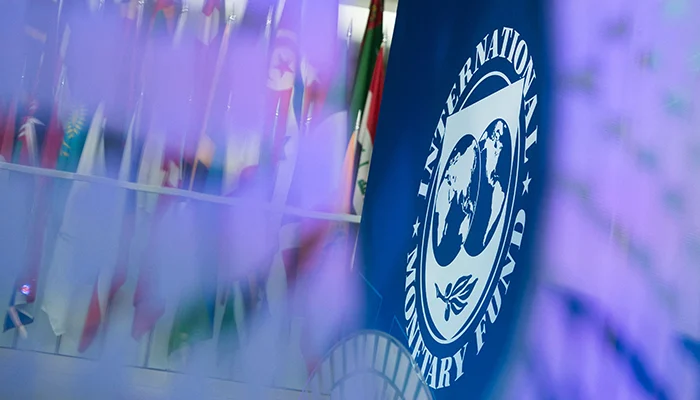- IMF sees potential for Pakistan to enhance revenue from two sectors.
- The decision to impose taxes on these sectors will rest with the incoming government.
- Sources suggest that Pakistan will seek assistance from the World Bank to implement the tax levy.
The International Monetary Fund (IMF) is advocating for the taxation of the real estate and agriculture sectors as part of its efforts to raise revenue. This move comes as the IMF recently approved a $3 billion loan for Pakistan, contingent upon certain conditions. In order to meet these conditions and secure economic stability, the IMF is pressing the Pakistani government to implement taxes on these sectors. Let’s explore the details further.
IMF’s Rationale
The IMF believes that imposing taxes on the real estate and agriculture sectors will significantly contribute to revenue generation in Pakistan. These two sectors have the potential to generate substantial income, which can be instrumental in boosting the country’s overall financial health. By expanding the tax base to include real estate and agriculture, the government can tap into new sources of revenue and reduce its reliance on other sectors.
Government Action Required
To proceed with the IMF’s proposal, the Pakistani government needs to develop a comprehensive plan for the implementation of taxes on real estate and agriculture. The plan must be approved by the Federal Bureau of Revenue (FBR) and subsequently endorsed by the IMF. If approved, a mini-budget will be released. However, the final decision on imposing taxes on these sectors rests with the new government.
World Bank Collaboration
In order to effectively levy taxes on the real estate and agriculture sectors, Pakistan is considering seeking assistance from the World Bank. Collaboration with the World Bank can provide valuable support and expertise in designing and implementing an efficient taxation system for these sectors. The World Bank’s involvement can contribute to the success of the taxation initiative and help Pakistan maximize revenue generation.
IMF Loan Installment
Pakistan has recently received the first installment of $1.2 billion from the IMF as part of the approved $3 billion loan. This financial support is essential for the country’s economic stability. However, it is important to note that the loan comes with conditions that need to be fulfilled. The Pakistani government must meet the requirements set by the IMF to ensure the loan’s long-term benefits.
Commitment from Pakistani Government
Prime Minister Shehbaz Sharif has expressed his commitment to implementing the IMF loan agreement. He has assured the Managing Director of the IMF that the agreement will be faithfully executed. This commitment from the government is crucial in demonstrating its dedication to achieving economic stability and implementing necessary structural reforms.
Potential Benefits and Challenges
Taxing the real estate and agriculture sectors can yield several potential benefits for Pakistan’s economy. It can broaden the tax base, reducing the burden on other sectors and promoting a more equitable distribution of wealth. However, there are challenges that need to be addressed. Designing an effective taxation system, ensuring fair practices, and preventing tax evasion are key challenges that must be tackled to achieve successful implementation. Additionally, safeguards must be put in place to protect small-scale farmers from excessive tax burdens.
Read more: Pakistan to Become 4th Biggest IMF Debtor with $10.4 Billion
The IMF’s push to tax the real estate and agriculture sectors in Pakistan is driven by the aim to enhance revenue generation and achieve economic stability. The $3 billion loan approved by the IMF provides significant financial support, but it comes with conditions that must be met. By collaborating with the World Bank and demonstrating a firm commitment to implementation, Pakistan can harness the potential of real estate and agriculture sectors to build a stronger and more sustainable economy.



